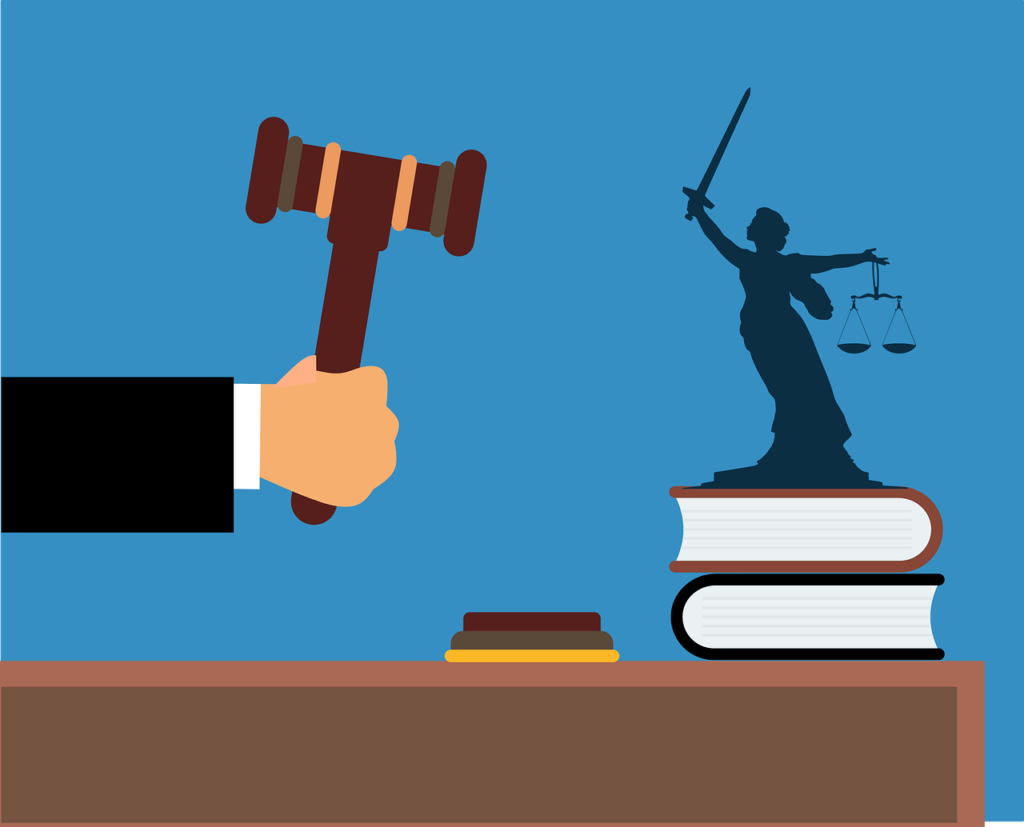Introduction

Administrative law is a crucial area of legal practice and study that governs the activities of administrative agencies of government. It involves the rules, regulations, and procedures that administrative agencies must follow when implementing and enforcing laws. This guide provides an in-depth look at administrative law, its significance, and how it impacts both individuals and organizations.
Table of Contents:
- What is Administrative Law?
- The Role and Importance of Administrative Law
- Key Principles of Administrative Law
- Administrative Agencies and Their Functions
- Administrative Procedures and Rulemaking
- Judicial Review of Administrative Actions
- Administrative Law in Different Jurisdictions
- Challenges in Administrative Law
- Future Trends in Administrative Law
- FAQs
What is Administrative Law?

Administrative law is the branch of law that governs the activities of administrative agencies of government. These agencies are responsible for implementing and enforcing laws, regulations, and policies. Administrative law provides the framework for how these agencies operate, make decisions, and interact with the public.
Key Aspects of Administrative Law:
- Rulemaking: Agencies create rules and regulations that have the force of law.
- Enforcement: Agencies enforce laws and regulations through inspections, penalties, and other measures.
- Adjudication: Agencies resolve disputes through administrative hearings and decisions.
- Oversight: Administrative law ensures that agencies act within their authority and adhere to principles of fairness and transparency.
The Role and Importance of Administrative Law

Administrative law plays a pivotal role in ensuring that government agencies operate within the boundaries of their authority and provide fair and transparent services. Its importance can be summarized as follows:
1. Ensuring Accountability
Administrative law provides mechanisms for holding agencies accountable for their actions. This includes judicial review and oversight to ensure that agencies do not exceed their authority or violate legal principles.
2. Protecting Individual Rights

Administrative law protects individuals’ rights by ensuring that government actions are lawful and that individuals have access to fair procedures. This includes the right to a hearing and the right to appeal administrative decisions.
3. Facilitating Efficient Governance
By establishing clear rules and procedures, administrative law helps agencies operate efficiently and effectively. It ensures that agencies can carry out their functions while adhering to legal standards.
4. Promoting Transparency
Administrative law requires agencies to provide notice of rulemaking, make their procedures and decisions accessible, and justify their actions. This promotes transparency and public trust in government.
Key Principles of Administrative Law

Administrative law is guided by several key principles that ensure fairness, legality, and transparency in government actions:
1. Legality (Ultra Vires)
Agencies must act within the scope of their legal authority. Actions taken beyond the agency’s powers are considered “ultra vires” and are invalid.
2. Fairness (Due Process)

Administrative actions must follow fair procedures, including providing notice and an opportunity to be heard before making decisions that affect individuals’ rights or interests.
3. Reasonableness
Agency decisions must be reasonable and based on evidence. This principle ensures that decisions are not arbitrary or capricious.
4. Transparency
Agencies must make their rules, procedures, and decisions accessible to the public. Transparency fosters accountability and allows individuals to understand and challenge administrative actions.
5. Consistency
Agencies must apply rules and procedures consistently to ensure fairness and predictability. Inconsistent application of rules can lead to legal challenges and undermine public confidence.
Administrative Agencies and Their Functions

Administrative agencies are specialized government bodies responsible for implementing and enforcing laws and regulations. Their functions include:
1. Rulemaking
Agencies create detailed rules and regulations that interpret and implement laws passed by legislatures. This process involves drafting proposed rules, soliciting public comments, and finalizing regulations.
2. Enforcement
Agencies enforce laws and regulations by conducting inspections, investigations, and taking enforcement actions such as fines or sanctions. For example, the Environmental Protection Agency (EPA) enforces environmental regulations.
3. Adjudication
Agencies resolve disputes through administrative hearings and decisions. These hearings provide individuals and businesses with a forum to challenge agency actions or decisions. For instance, the Social Security Administration (SSA) conducts hearings on disability benefits claims.
4. Licensing and Permitting

Agencies issue licenses and permits required for various activities, such as operating a business, practicing a profession, or engaging in specific industries. The Food and Drug Administration (FDA) issues permits for the sale of pharmaceuticals and medical devices.
5. Policy Implementation
Agencies implement government policies by administering programs and services. They may also provide guidance and support to individuals and organizations affected by these policies.
